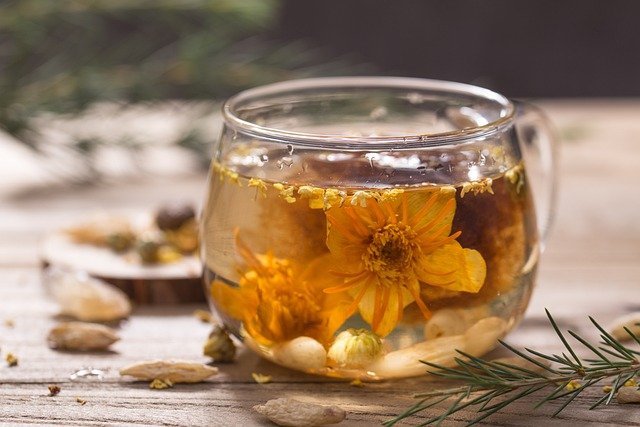Herbal Tea: Understanding the Health Benefits and Properties
Herbal tea offers a variety of flavors and potential health benefits, depending on the plant used. Common examples include chamomile for relaxation, peppermint for digestion, and ginger for soothing discomfort. It is caffeine-free and widely consumed worldwide.

How Herbal Tea Supports Immune System Function
Herbal tea contains various compounds that may help strengthen the immune system. Many varieties, such as echinacea and elderberry tea, are rich in antioxidants and vitamin C. These components help protect cells from damage caused by free radicals and support the body’s natural defense mechanisms. Regular consumption of immune-boosting herbal teas can be particularly beneficial during cold and flu seasons.
Understanding Different Types of Herbal Tea Benefits
Different herbal teas offer unique therapeutic properties. Chamomile tea is known for its calming effects and potential sleep-improving qualities. Peppermint tea may aid digestion and reduce bloating. Ginger tea can help with nausea and inflammation, while rooibos tea provides minerals and antioxidants. Hibiscus tea may support heart health by helping to maintain healthy blood pressure levels.
Natural Compounds and Properties in Herbal Tea
The beneficial properties of herbal tea come from their active compounds. These may include flavonoids, tannins, essential oils, and other bioactive substances. For example, chamomile contains apigenin, a compound associated with promoting relaxation. Peppermint tea contains menthol and rosmarinic acid, which contribute to its digestive benefits and antioxidant properties.
How to Prepare and Store Herbal Tea Properly
Proper preparation ensures maximum benefits from herbal tea. Use fresh, filtered water heated to the appropriate temperature - typically around 200°F (93°C) for most herbs. Steep times vary by herb type, generally ranging from 5-10 minutes. Store dried herbs in airtight containers away from light and moisture to maintain their potency and prevent degradation of beneficial compounds.
Guidelines for Safe Herbal Tea Consumption
While herbal teas are generally safe, certain considerations should be noted. Some herbs may interact with medications or have contraindications for specific health conditions. For example, hibiscus tea should be used with caution by those taking blood pressure medication. Pregnant women should consult healthcare providers before consuming certain herbal teas, as some may affect hormone levels or uterine activity.
Popular Herbal Tea Varieties and Their Properties
| Herbal Tea | Primary Benefits | Typical Steep Time |
|---|---|---|
| Chamomile | Relaxation, sleep support | 5-7 minutes |
| Peppermint | Digestive aid, breath freshening | 5-7 minutes |
| Ginger | Nausea relief, anti-inflammatory | 10-15 minutes |
| Hibiscus | Cardiovascular support | 5-10 minutes |
| Rooibos | Antioxidant rich, mineral source | 5-7 minutes |
Herbal teas offer a diverse range of natural compounds and potential health benefits. While these beverages can be part of a healthy lifestyle, they should complement, not replace, conventional medical treatments when needed. Understanding the properties and proper preparation methods of different herbal teas allows for their optimal use as part of a balanced wellness routine.
This article is for informational purposes only and should not be considered medical advice. Please consult a qualified healthcare professional for personalized guidance and treatment.




